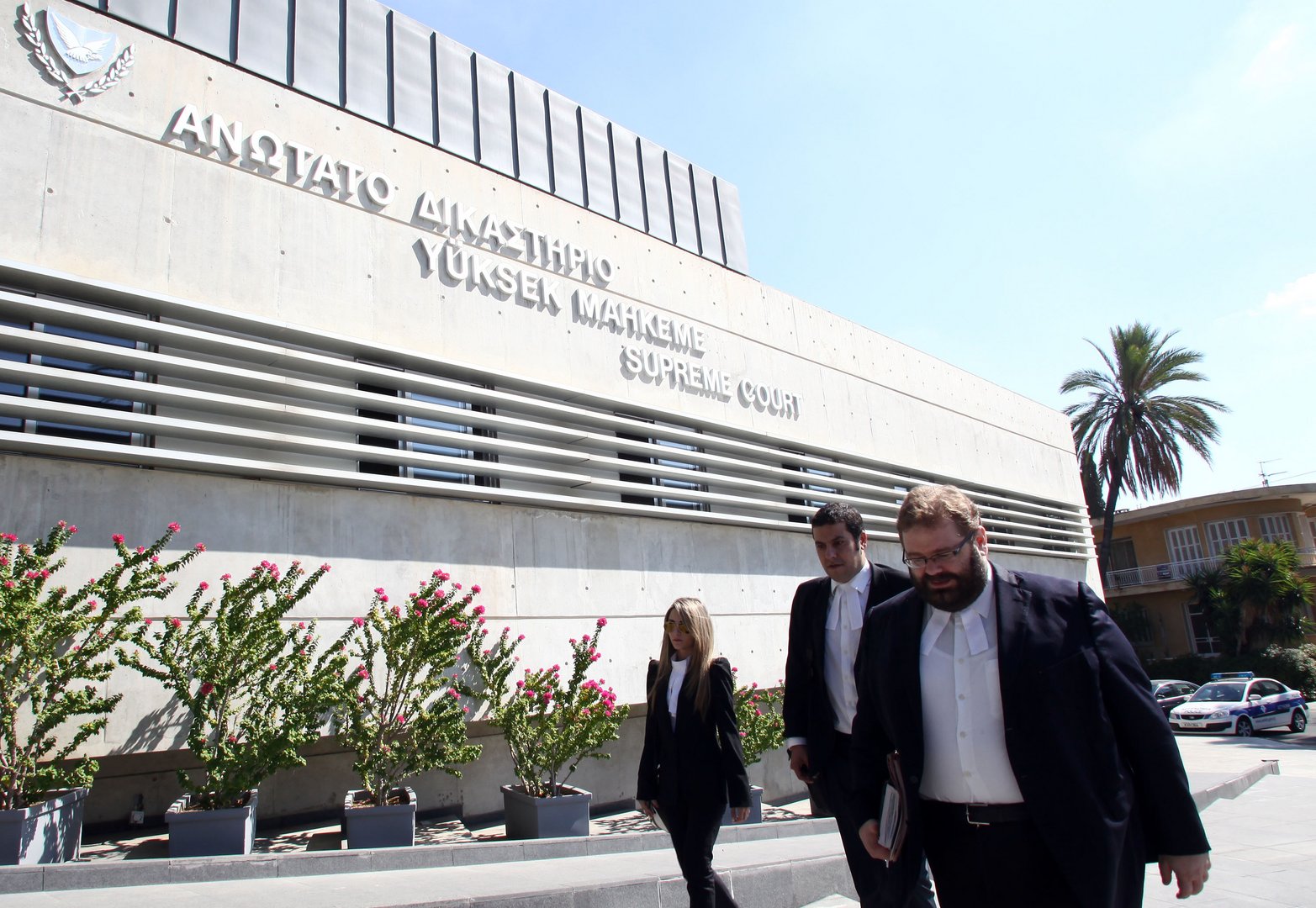The long-awaited e-justice system, which has faced numerous delays, is nearing completion, with final decisions expected in early September. The results from the system’s last crash tests are anticipated soon.
Initially launched with a cost of €6 million to taxpayers, with additional expenses in the hundreds of thousands since, the e-justice system crashed just a week after its installation. As a result, courts and lawyers reverted to using the older €250,000 i-justice system as of January 29, 2024.
According to the original contract, the e-justice system’s pilot version should have been operational by the end of 2021.
In the interim, Justice Minister Marios Hartsiotis said that by the first half of 2024, 55 per cent of delayed cases had been tried – nearly three times the target set in Cyprus’ EU recovery and resilience plan.
Daily Phileleftheros reported on Friday that Deputy Minister of Innovation Nicodemos Damianou, who has remained silent on the matter for months, announced that “we are finally at the final stage of making decisions about its future.”
Damianou acknowledged the significant efforts made by the company responsible for the project, so that the system will be able to fulfill its purpose and meet the immediate and future needs of the legal society and the justice system.
However, sources cited by Phileleftheros indicated that preliminary tests revealed ongoing issues with the system, prompting a meeting to decide its fate. The options under consideration include either terminating the contract or granting a time extension to address the problems.
The Supreme Court and the Cyprus Bar Association have both pointed fingers at the deputy ministry of innovation was responsible, while the justice ministry told the newspaper that it had nothing to do with the matter.
Lawyers have staged protests outside the Supreme Court and parliament, demanding the immediate implementation of the new e-justice system.
In a letter dated January 1, 2024, the audit service informed the information services department that the state faces two potential scenarios: either the contractor is unable to deliver the system as specified in the tender, or the tender’s specifications were incomplete or unclear.
Three years and millions of euros later, a project that was supposed to take 21 months is now in its 48th month with no resolution in sight.
In statements after Friday’s cabinet meeting, the justice minister said that by the end of the first half of 2024, 55 per cent of delayed cases had been tried.
Cyprus’ recovery and resilience plan stipulated that by the end of June 2024, 20 per cent of delayed cases should have been tried and 40 per cent by the end of the first half of 2026.
Delayed cases are those that had not been tried by December 31, 2018. Cyprus has undertaken obligations before the EU through the recovery plan.
The annual progress report prepared by the Supreme Court was presented and approved on Friday by the cabinet.
Hartsiotis said the aim had been fully covered and the courts are trying the rest of the delayed cases.







Click here to change your cookie preferences